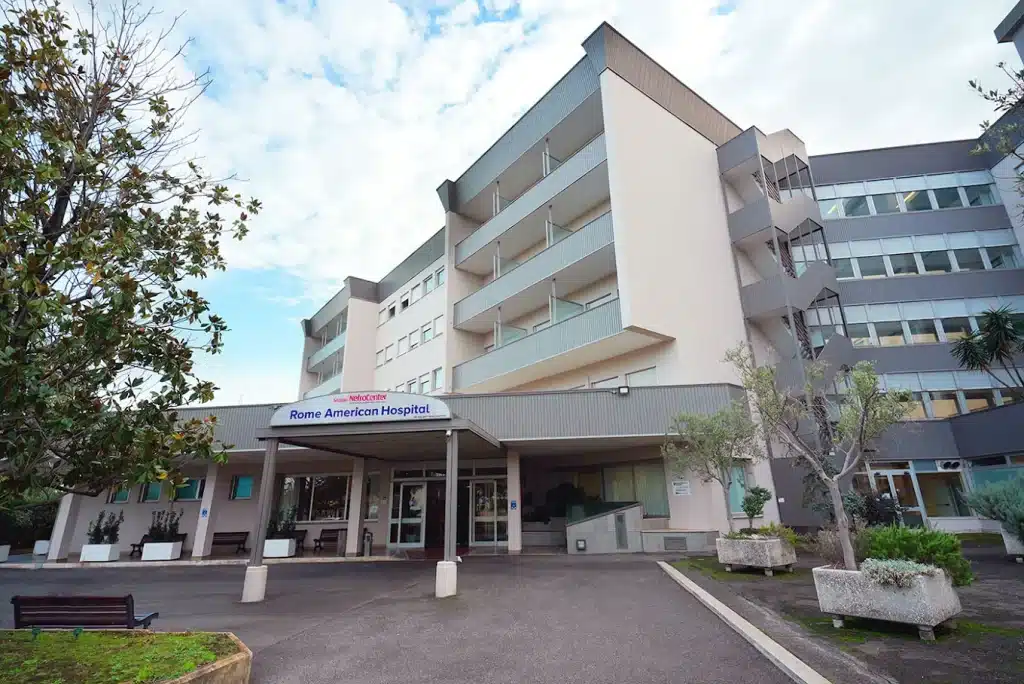La Fisiatria, o Medicina Fisica e Riabilitativa, è la specialità medica che si occupa della diagnosi, della terapia e soprattutto della riabilitazione della disabilità conseguente a varie malattie invalidanti, in particolare quelle di natura ortopedica (esiti di fratture, interventi di protesi articolare, traumi sportivi, lombalgia cronica, artrosi) e neurologica (ictus cerebrale, malattia di Parkinson, lesioni midollari, sclerosi multipla, paralisi cerebrali infantili). Il medico fisiatra è il “regista” del percorso riabilitativo: il suo approccio non si concentra solo sulla malattia (“disease”), ma sulla persona nella sua globalità, valutando l’impatto della patologia sulla sua vita quotidiana, sulle sue capacità funzionali (“disability”) e sulla sua partecipazione sociale (“handicap”). Dopo un’accurata valutazione clinica e funzionale, che può includere scale di valutazione specifiche e analisi del movimento, il fisiatra elabora un Progetto Riabilitativo Individuale (PRI). Questo documento personalizzato definisce gli obiettivi realistici e misurabili del percorso riabilitativo, i tempi previsti e le modalità dell’intervento (terapie fisiche, strumentali, occupazionali, logopediche). Il fisiatra coordina un team multidisciplinare di professionisti (fisioterapisti, logopedisti, terapisti occupazionali, psicologi, infermieri) per guidare il paziente nel recupero della massima autonomia possibile e nel miglioramento della qualità della vita.

















